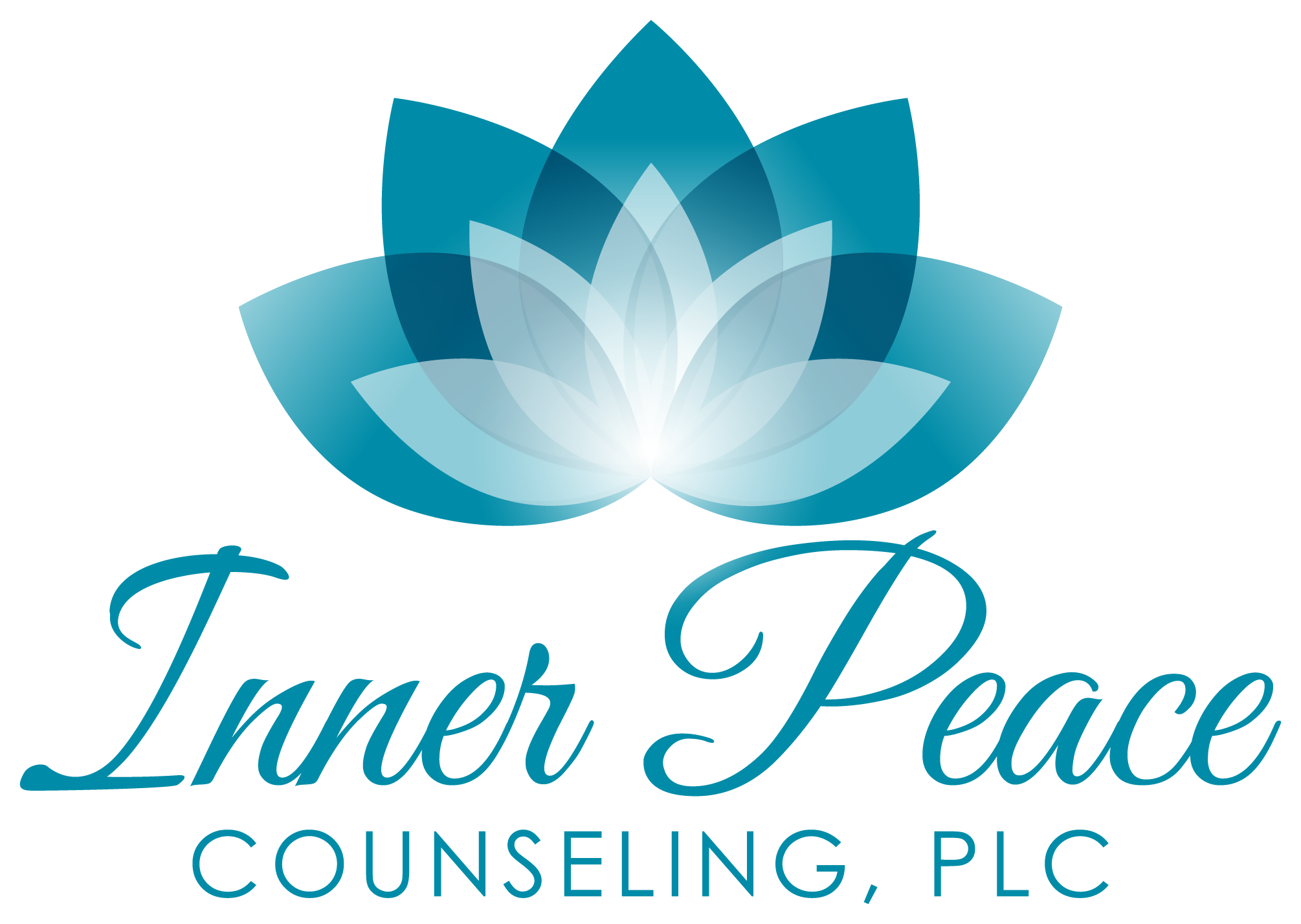Do I have Anxiety?: The Beginner’s Guide to Anxiety Treatment

By: Ashley Carter Youngblood
Categories:
Do I have Anxiety?: The Beginner’s Guide to Anxiety Treatment
In my work with others, I have found there typically are two kinds of people related to the treatment for anxiety. First, there are those who come in to me explaining that they have anxiety and need help managing it. Or, more commonly, there are those who have no idea that what to call what they have been experiencing, but clearly they are being affected by anxiety symptoms.
Anxiety is a tricky thing as it can look different for everyone. Part of what makes Anxiety treatment challenging is that it is actually a class of symptoms. The Diagnostic and Statistical Manual of Mental Disorders (DSM), the official book used to diagnose mental health disorders, describes 4 different types of anxiety:
- Generalized Anxiety – These are your general “worriers” who just worry about everything.
- Social Anxiety – These are the quiet ones who identify as “shy”. Strangers or fears about what they may do to embarrass themselves in front of others is often a theme of thinking.
- Phobias – This is the classic example like a fear of flying or fear of spiders (gross!). This is often the easiest to identify because it’s so cut and dry.
- Obsessive Compulsive Anxiety (OCD) – This is a kind of anxiety that is best known as “germophobia” or for people who are pre-occupied with completing tasks like measuring food quantities, counting, repeating a phrase, or cleaning. This kind of anxiety typically doesn’t “make sense” to those observing and often it will rob people of life as they know it if it remains untreated and, therefore, increases in severity.
- Posttraumatic Stress Disorder (PTSD) – This kind of anxiety is most often discussed related to those who have served in the armed forces. This kind of anxiety relates to an experienced trauma.
As I explain on a page of my website that is devoted to exploring one of my specialties being treatment for anxiety, “Regardless of which of the kinds of anxiety is present, it will largely feel the same to people. Anxiety is a tight chest, shaking sweating, flushing, wanting to run, difficulty paying attention, chest pains, ‘feeling like you’re going to die’, racing thoughts, and restlessness, to name a few.” But, more commonly, people say “I don’t know what freaks me out so much. It’s not logical and I know that. But, I just can’t bring myself to _____.” You fill in the blank here: go to the grocery store, speak publicly, turn in a paper. You name it.
What I want people to know is that it shouldn’t be that difficult to do the things that you need to do or love to do. While I don’t know what “normal” is, the key factor about whether something is a disorder is if it causes “significant distress or impairment in social, occupational, or other important areas of functioning” (DSM-5). So, if you are asking “Do I have anxiety?”, follow your intuition’s nudge that something is off. Talk with a loved one. See a professional. Care for yourself so that you can better understand what’s going on.
Here’s the good news: anxiety is VERY treatable. I have worked with people who have had crippling anxiety that caused them to barely be able to go out of the house or have any kind of quality of life. Within a couple visits, after we worked through what are the triggers for their anxiety and what various coping skills could be applied, their symptoms are greatly reduced. Most of this work is learning how to sit with the level of discomfort as, as much as it may feel like it, anxiety will not kill you. No one has died from anxiety. It’s just an emotion, although an uncomfortable one at that.
You CAN do it. Find someone who you connect with to talk to. Your anxiety wants to believe things like “What if they think I’m crazy?”, “I would embarrass myself. I wouldn’t even know what to say.”, “What would my friends think if I got help for something like this?”. (See one of my other blogs about how to “Think Well” or how to manage the stigma of getting help to help you manage this fear) But, know that that’s just your anxiety trying to prevent your journey to living a better life. And, what beginners looking for anxiety treatment should know that the key to treating anxiety is just that – to begin.
~Ashley Carter Youngblood, LMSW, LMFT, CADC, ADS
 Ashley Carter Youngblood is both a Fully-licensed Clinical Social Worker and Marriage and Family Therapist who has been in the field since 2007. She offers counseling in Kalamazoo, Portage, Mattawan, Battle Creek, Paw Paw, and the surrounding areas of Southwest Michigan. She is passionate about her work with clients, whether it’s providing individual counseling, couples counseling, family therapy, or life coaching. Her specialties include holistic healing/mindfulness, counseling for women, anxiety, couples counseling, and addictions/substance abuse.
Ashley Carter Youngblood is both a Fully-licensed Clinical Social Worker and Marriage and Family Therapist who has been in the field since 2007. She offers counseling in Kalamazoo, Portage, Mattawan, Battle Creek, Paw Paw, and the surrounding areas of Southwest Michigan. She is passionate about her work with clients, whether it’s providing individual counseling, couples counseling, family therapy, or life coaching. Her specialties include holistic healing/mindfulness, counseling for women, anxiety, couples counseling, and addictions/substance abuse.
I welcome you to contact me or leave any questions or feedback you have about this post. Please keep in mind that the above information is the opinion of an individual, should not be considered medical advice, and is for entertainment/educational purposes only. I write these blogs as an expression of my passion for wellness and with the hope to be able to help as many people as possible. Therefore, I would encourage anyone seeking mental health advice to contact a therapist in your area who can better evaluate your situation and provide you with case-specific information for treatment. Also remember, if you are experiencing an emergency, contact 911 or present yourself to your nearest emergency room.
Thanks for reading.
